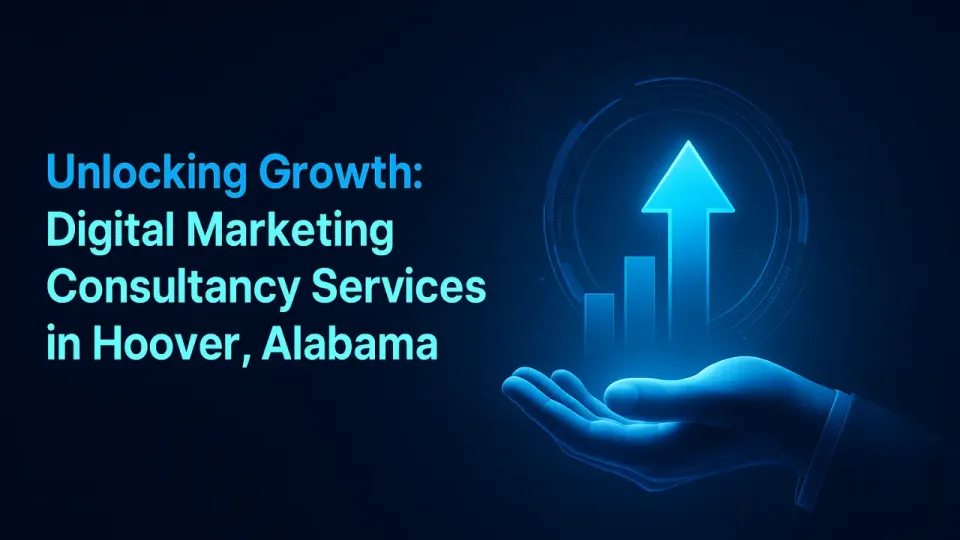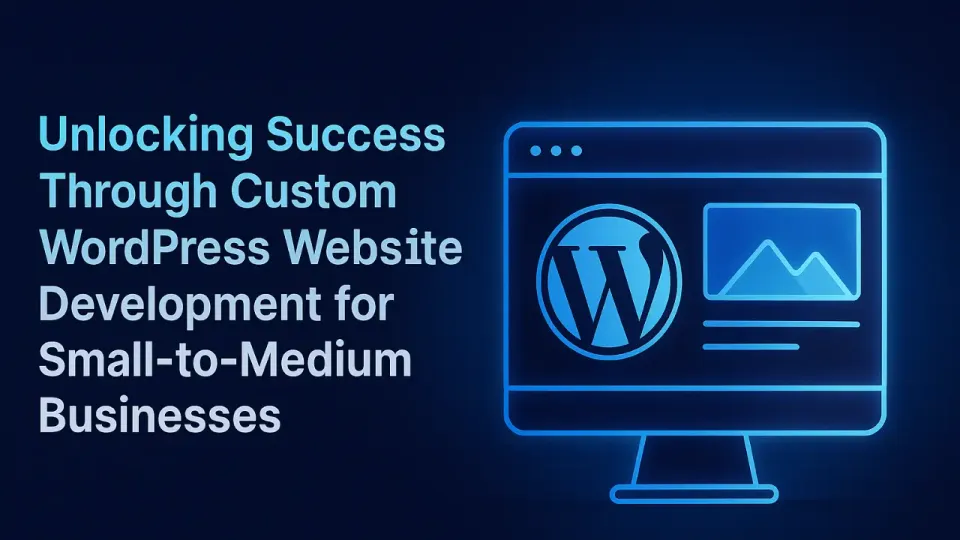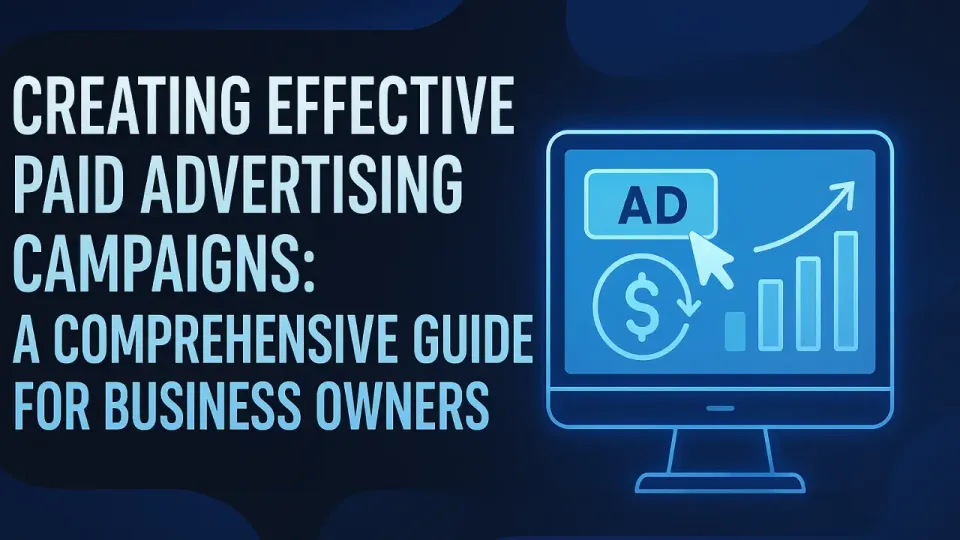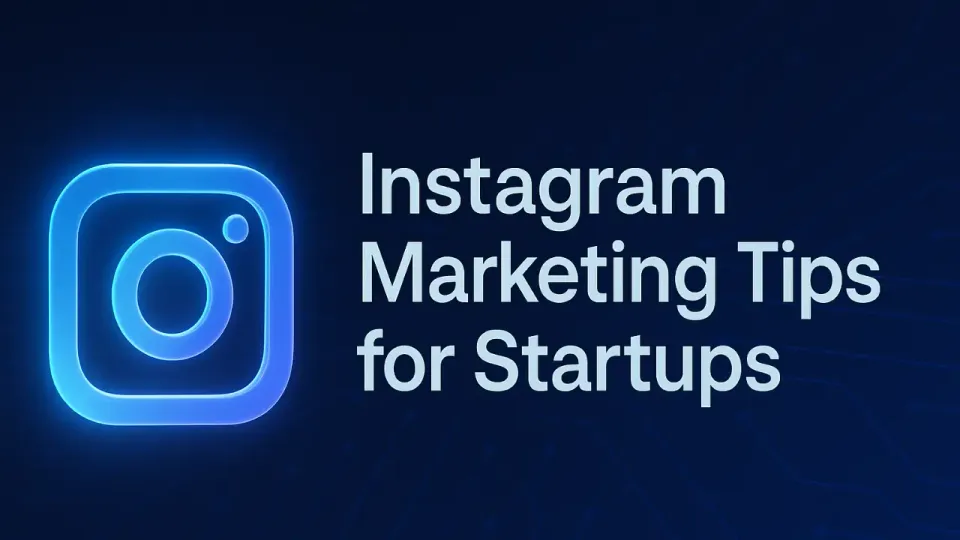Integrating AI into Marketing Strategies: A Roadmap for Small Business Owners
Discover how integrating AI into your marketing strategies can transform your small business, enhance customer engagement, and drive growth.
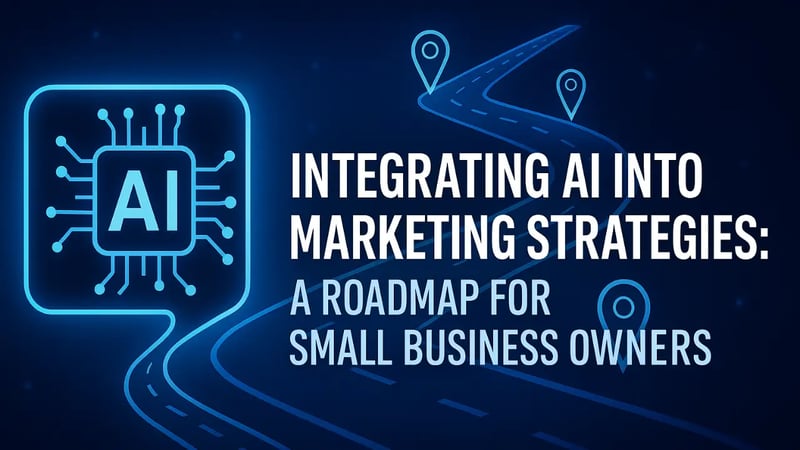
As small-to-medium business owners, navigating the rapidly evolving landscape of marketing can feel overwhelming. With limited budgets and expertise, the challenge of standing out in a digital world may seem daunting. But what if I told you that integrating AI into your marketing strategies could open doors you never thought possible? It’s like having a personal assistant dedicated to understanding your customers and maximizing your marketing efforts with laser focus. Let’s dive deeper into how you can harness AI to boost your business visibility and growth.
Understanding the Role of AI in Marketing
AI is no longer just a buzzword; it’s a powerful tool that can transform how you interact with your customers. At its core, AI involves the use of algorithms and software that can analyze data, learn from it, and make decisions. Here’s how it can specifically benefit your marketing:
- Predictive Analytics: AI can analyze past customer behavior and predict future buying patterns. By using tools like Google Analytics and various AI-driven software, you can tailor your services or products to meet customer demands more accurately.
- Personalization: Customers increasingly seek personalized experiences. AI allows you to deliver targeted content and offers based on individual preferences that make your audience feel valued.
- Efficiency: Rather than spending countless hours sifting through data, AI can automate tedious tasks (think email marketing, social media postings, etc.), allowing you to focus on implementing strategic decisions.
Implementing AI into Your Marketing Strategy
Integrating AI into your marketing strategies doesn’t have to be complex. Here are a few actionable steps:
- Define Clear Objectives: Before implementing AI, know what you want to achieve. Are you looking to increase sales, improve customer engagement, or enhance brand loyalty? Setting clear goals helps tailor AI tools to meet those objectives.
- Choose the Right Tools: There are numerous AI tools available today. For instance, platforms like HubSpot utilize AI for inbound marketing automation, while tools like Hootsuite or Buffer leverage AI for social media management. Invest time in researching the tools that fit your needs.
- Train Your Team: It’s essential that your team understands how to work with these tools. Engage in training sessions or webinars to enhance their skills and comfort with new technologies. Consider platforms like Coursera and LinkedIn Learning for relevant courses.
Case Study: A Local Success
Let’s take a look at a real-world example. A local coffee shop in Hoover, AL, faced fierce competition from larger chains. They decided to integrate AI into their marketing strategy by using predictive analytics to better understand their customer base. They implemented a loyalty program powered by AI that analyzed customer purchases to provide personalized recommendations, ultimately increasing repeat visits by 30% in just three months. This strategic use of AI helped them not only retain existing customers but also attract new ones.
Future Trends in AI and Marketing
The future of marketing is undeniably intertwined with AI technologies. Here are some trends to watch:
- Voice Search Optimization: As more people use smart devices like Alexa and Google Home, optimizing your content for voice search becomes crucial.
- Emotion Recognition: AI tools are evolving to include emotional insights that can refine engagement strategies and personalize experiences even further.
- Enhanced Customer Support: Chatbots are becoming more sophisticated, providing immediate customer support and gathering insights that can inform marketing strategies.
Conclusion: Embrace the Change
Integrating AI into your marketing strategies is not just a trend; it’s a necessity for growth and relevance in today's market. By understanding AI's role, implementing the right tools, and keeping an eye on future trends, small business owners like you can foster more meaningful connections with customers and drive sustainable growth. Remember, the early adoption of technology often provides the most significant competitive edge.
FAQs
- What is AI in marketing? AI in marketing refers to the use of machine learning, natural language processing, and other technologies to analyze customer data, predict trends, and enhance marketing efforts.
- How can I start integrating AI into my business? Start by defining your marketing goals, choosing suitable AI tools, and training your team to use these tools effectively.
- What are some affordable AI tools for small businesses? Tools like HubSpot for inbound marketing, Mailchimp for email campaigns, and Canva for design are excellent starting points.
- Can AI improve customer engagement? Yes, by delivering personalized experiences and maintaining constant contact through automated tools, AI significantly enhances customer engagement.
- Is integrating AI worth the investment? Absolutely! With the potential for increased efficiency, personalized customer experiences, and improved sales forecasts, integrating AI can deliver significant ROI.
"Joining this community has been a game-changer for staying updated on the latest trends & events!" - John B.


